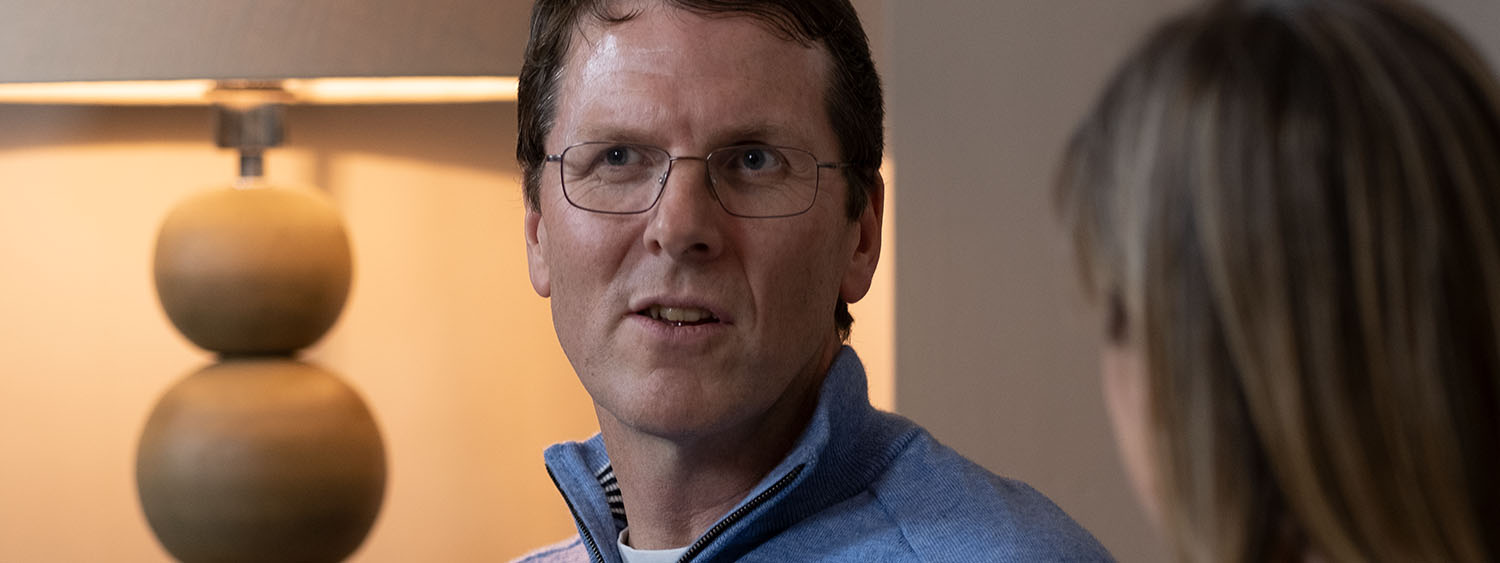Identifying your gifts and developing a Personal Discipleship Plan
People grow in their faith when they are able to take responsibility for their own development and develop a helpful structure within which to grow.
Gifts for Everyday Faith will help you to think through where your gifts are strongest.
If you're keen to feel more confident and equipped to live out your calling, a Personal Discipleship Plan (PDP) builds on the questions in Gifts for Everyday Faith.
Discussing my PDP has been inspirational and confidence building… enlightening and supportive. At the same time as helping me to focus, I have somehow been enabled to also see a bigger picture. I am enjoying the experience and feel very supported.
Fiona Fieldhouse
What is a Personal Discipleship Plan?
The PDP is an accompanied faith journey to take with a local minister or encourager that explores six questions to help discern what God is doing in your life, and what you might be called towards.
- Core gifts – What are my gifts? How am I sharing them?
- Attracted by – Where may God be calling me?
- Listening – Where am I being guided to gain experiences?
- Life – What else is going on in my life now? What is my ideal future?
- Experience – What energises me? What challenges me?
- Discipleship – How am I deepening my daily spiritual life and faith?
Developed here in the Thames Valley, thousands of people have now embarked on a Personal Discipleship Plan. Is the next person you?
Resources you can use
Gifts for Everyday Faith can be used on its own, or as the first step in a Personal Discipleship Plan. The answers you provide to the a series of simple statements in the document will help you to think through where your gifts are strongest. It's a surprisingly insightful tool!
Download Gifts for Everyday Faith (PDF doc)
A Personal Discipleship Plan will help you to feel more confident and equipped to live out the good news of Jesus in all areas of your life. Many of our churches have people who are trained as PDP ‘Encouragers/mentors.’ Talk to your vicar about the support available in your parish.
Download a Personal Discipleship Plan (PDF doc)
Find out more
Check out the FAQs below or contact Joanna Gallant, Head of Discipleship and Social Justice, to discuss how a PDP might work for you.
You can also listen to Bishop Steven chatting with Tina Molyneux, former Head of Discipleship and Social Justice, about Personal Discipleship Plans. Or watch Paul talking with Tina about the difference a Personal Discipleship Plan has made to his faith walk
It is recommended that after two meetings participants should be asked how it is going and have the option of a new encourager or a break. It is likely that over time different ‘encouragers’ may accompany, support and inspire you forward according to your calling.
Step 2. Arrange the Encourager Training through Joanna Gallant. You invite a group from your church who may be interested in becoming ‘encouragers’. The initial training is 2 hours on Zoom, and timings can be arranged to suit your own group.
Step 3. The ‘encouragers’ have their first conversations with each other to experience the process
Video: Introduction to PDPs
